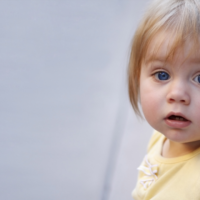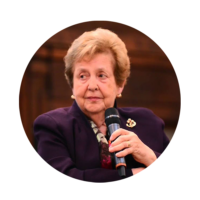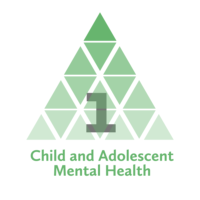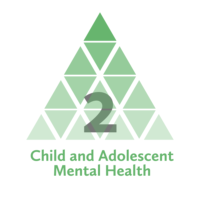Post-traumatic stress disorder (PTSD)
-

Can we predict (complex) PTSD in young people in foster care?
Adverse, early life experiences put young people at risk of developing psychological difficulties. Potential difficulties might include post-traumatic stress disorder (PTSD) or the newly proposed, complex PTSD.
Read more -

Nip in the Bud – free resources
Our International Development Director, Dr. Gordana Milavic, is a trustee of the charity Nip in the Bud. Their goal is to increase the prospects of early intervention and to reduce the risks of those conditions becoming more serious in later years.
Read more -

Dr. Patricia M. Crittenden – ‘Psychological Trauma & Resilience: A Strengths Perspective’
Dr. Patricia M. Crittenden gives her lecture on ‘Psychological Trauma & Resilience: A Strengths Perspective’. ACAMH members can now receive a CPD certificate for watching this recorded lecture. Simply email membership@acamh.org with the day and time you watch it, so we can check the analytics, and we’ll email you your certificate.
Read more -

In Conversation… Dr. Karen Treisman
Karen discusses areas of trauma and trauma enforcing models, parenting, adversity (ACE’s) and attachment, and using a range of creative therapeutic approaches with families. Includes transcription, and links.
Read more -

Increasing knife crime: Aggressive Adolescents or Traumatized Teenagers?
Georgia Harvey discusses the link between anxiety, trauma and knife crime in young people.
Read more -

In Conversation… Complex PTSD with Dr David Turgoose and Dr Simon Wilkinson
David and Simon discuss an emerging area of interest, complex PTSD expanding on the causes and how it differentiates from standard PTSD. Includes transcription, and links.
Read more -

Dr. Dora Black, world renowned expert in child bereavement and trauma
To celebrate International Women’s Day we caught up with ACAMH’s longest serving female member, retired child and adolescent psychiatrist, Dr Dora Black, who joined ACAMH in 1965.
Read more -

JCPP Annual Research Review 2020
Free access to the articles included in the JCPP Annual Research Review: “Something new: What’s next for child psychology and psychiatry?”, until the end of February 2020.
Read more -

Most cited CAMH paper #1 of 25: Systematic Review of Evidence and Treatment Approaches: Psychosocial and Mental Health Care for Children in War
Mark J.D. Jordans, Wietse A. Tol, Ivan H. Komproe, Joop V.T.M. De Jong.
Read more
Key Practitioner Message includes; Most descriptive papers lack a comprehensive presentation of treatment modalities and either report single interventions or are limited to position statements. -

Most cited CAMH paper #2 of 25: Trauma‐Focused Cognitive Behavioural Therapy for Children and Parents
Judith A. Cohen, Anthony P. Mannarino.
Read more